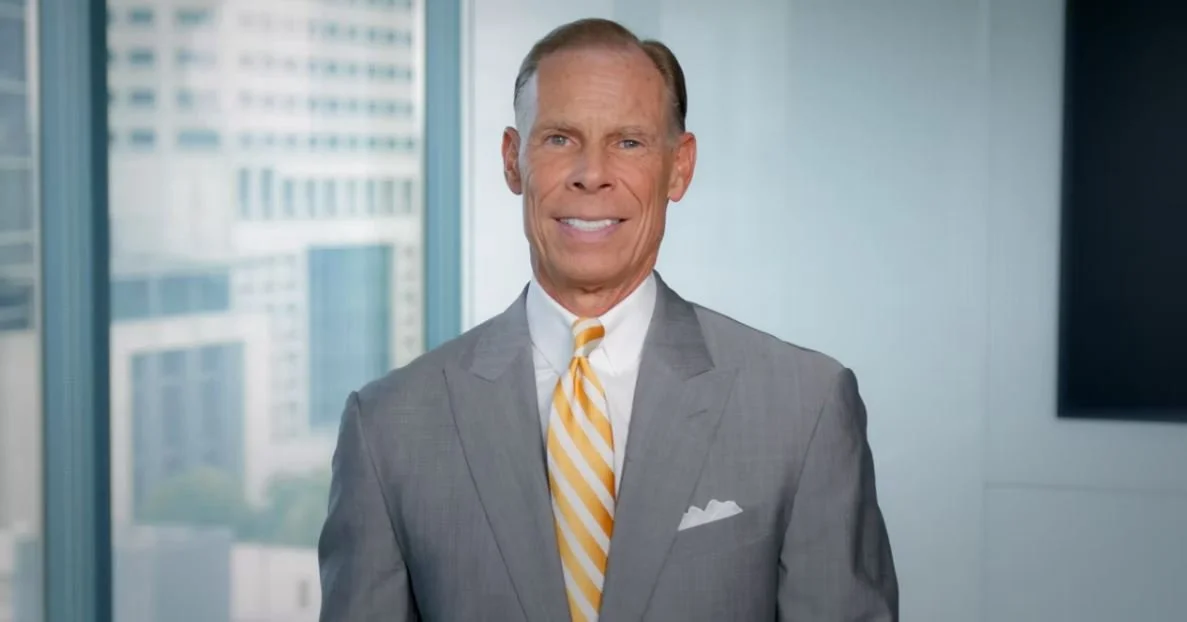Inflation has been the most watched economic data point for the past two years. On Wednesday, we received inflation data for the month of April. The headline Consumer Price Index (CPI) increased by 0.4% compared to the prior month and 4.9% compared to the year-ago period. 4.9% compares to economist expectations for an increase of 5.0%, equal to the 5.0% increase seen in March.
Turning of the Tide
In one of the most anticipated weeks of monetary policymaking in recent memory, the Bank of England became the first major central bank to raise interest rates off the near-zero bound and the U.S. Federal Reserve laid the groundwork for such a move by proclaiming the impending conclusion of its quantitative easing (QE) stimulus program by next March.
Summertime Blues
The Dog Days of Summer are here! In addition to the record heat waves expected to bombard the West Coast this weekend, we also await what typically occurs around this same time: equity market volatility and below average returns.
Inflection Points
Earlier this month in an interview with 60 Minutes, Federal Reserve Chair Jerome Powell indicated he believed the U.S. economy “seems to be at an inflection point” due to widespread vaccinations and previously enacted stimulus measures. He added his expectation that the economy would begin to grow “much more quickly” and that the pace of job creation would accelerate.
Focus on the Fundamentals
As long-term investors, we were pleased to see market news pivot away from last week’s GameStop mania and shift back to a focus on fundamentals. Although we prefer rational markets, we take no pleasure in the knowledge that many retail investors who purchased GameStop at more than $300 per share have seen the share price tumble to around $60.
Money Talks
This week, as we usher in a new administration, there has been an increased focused on another stimulus package to keep the economy on solid footing. While the lame-duck session of Congress recently passed a $900 billion stimulus and checks have started being issued, the current administration is looking for an additional $1.9 trillion in stimulus. While negotiations will most likely bring this number lower, clients are voicing concerns about the national debt.











